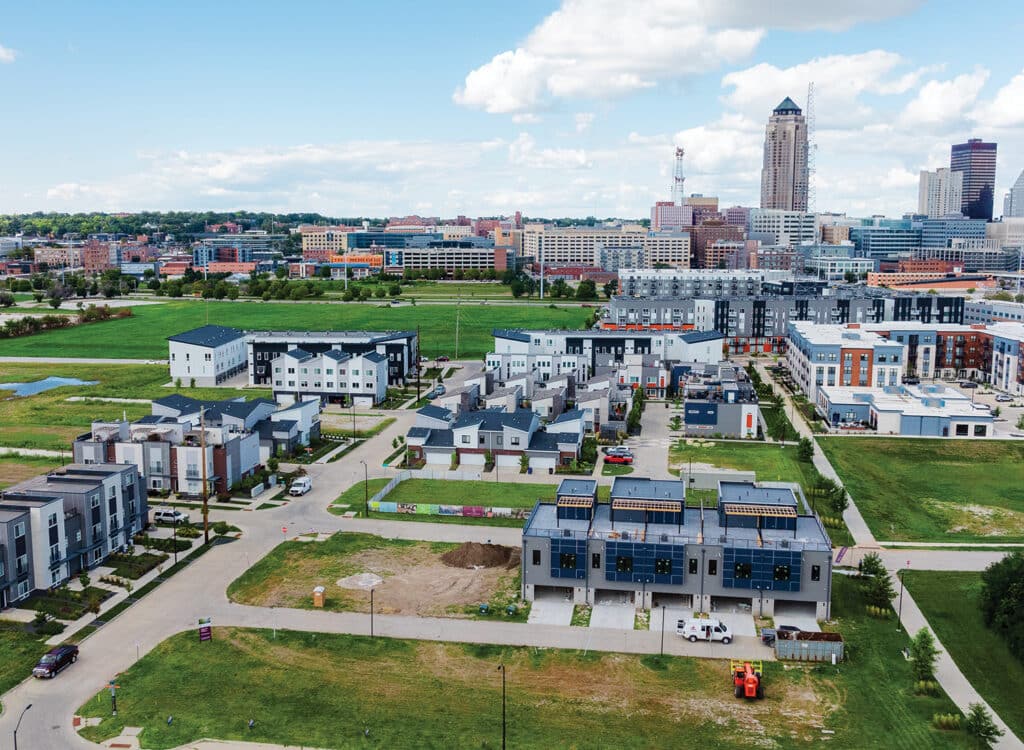Legislature provides $9.6M for water quality work

Agriculture Secretary Bill Northey said if Gov. Terry Branstad signs the legislation, the money will help farmers conserve soil and reduce chemical runoff into rivers and lakes.
“Farmers have greatly increased their financial commitment to improving water quality in recent years, and I appreciate our state’s leaders doing the same. These funds will allow us to continue to expand our water quality efforts and engage more Iowans,” Northey said.
The appropriations include $450,000 for monitoring and equipment to track nitrate and other nutrients. Iowa has for decades tried various efforts to reduce nitrogen runoff into the Gulf of Mexico, home to one of the world’s biggest “dead zones.”
A lawsuit filed by Des Moines Water Works against three northwest Iowa counties that run drainage districts has increased debate over nitrate pollution. Water Works contends the counties should have to get federal permits for the drainage ditches because they function, in the utility’s view, as a “point source” of pollution much as a factory outlet pipe.
Water Works, which serves nearly a half-million customers, has had to run a $7,000-a-day nitrate removal system, which is due for replacement after running for a couple of decades.
Farm groups contend that the voluntary measures in the Iowa Nutrient Reduction Strategy would be far more effective in addressing the issue than a court fight.
The money authorized by the Legislature will allow the Iowa Department of Agriculture and Land Stewardship to offer cost share payments for conservation projects, to work with targeted watersheds to improve water quality, and to back programs that encourage all Iowans to help clean waterways, Northey said.
The work is part of the Iowa Water Quality Initiative, established in 2013 to help implement the Nutrient Reduction Strategy, which set a goal of reducing nitrogen and phosphorus pollution in waterways by 45 percent.
More than 1,600 farmers have invested $4.2 million to try a new practice on their farms to better protect water quality over the past two years, Northey said. Read more










